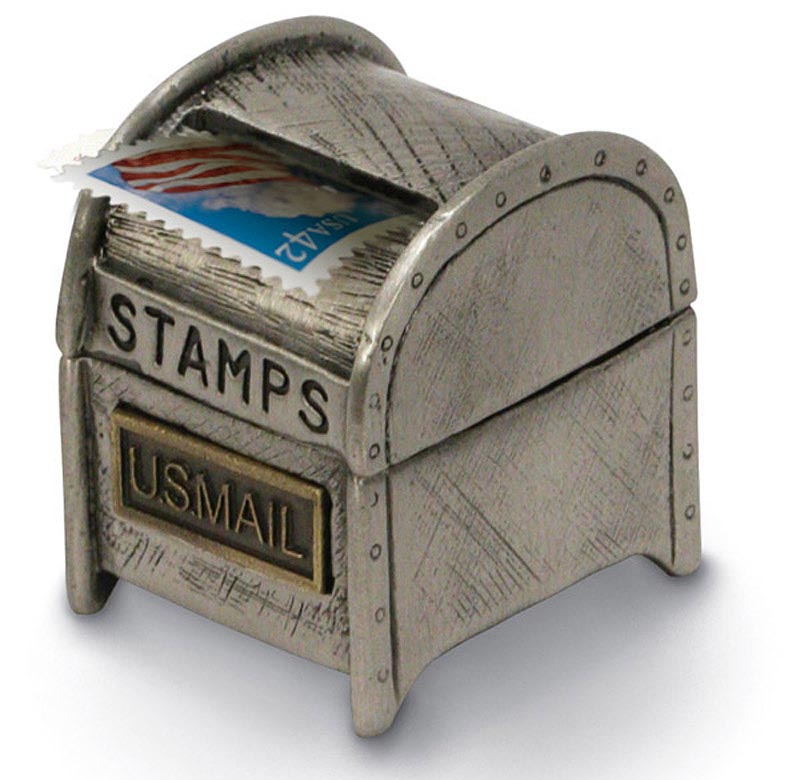When the nation was young, roads were dirt and horsepower was provided literally, it made sense for the government to establish a monopoly on the delivery of mail. There were no national businesses and industry was run from homes or small-scale shops. The Industrial Revolution was decades away, and assembly lines more decades beyond that.
So the U.S. Postal Service was created to deliver mail from house to house and city to city, with letters and the occasional parcel often taking weeks or months to deliver. Why, then, does that once-necessary monopoly on the delivery of letters continue in force after two centuries of progress in transportation and communication?
The issue comes up (and not for the first time) with the news that the postal service wants to raise its rates by an average of 5.4 percent at a time when inflation is running less than 1 percent. Among the proposed increases would be a hike in first-class postage from 44 to 46 cents. That’s created controversy all by itself, because the quasi-public agency’s rates, which are approved by the Postal Regulatory Commission, aren’t supposed to exceed the rate of inflation unless “extraordinary circumstances” apply.
However, since the post office says it projects an operating loss of at least $6.5 billion in the current fiscal year and $7 billion next year, that seems “extraordinary” enough.
What’s really going on is that time has passed the postal service by. As one competitor noted, it is a system built to handle 300 billion pieces of mail a year that is currently handling 170 billion. That seems like a lot, but considering that package and message delivery services like FedEx and UPS handle more, and could certainly pick up letter delivery as well, the postal monopoly seems more than a bit antiquated.
With a business model that has fallen prey first to the fax machine and then to e-mail as well as its parcel competition, the USPS is fighting a losing battle. Given a fresh infusion of cash, it could hang on for a while, but what’s the point? Free it (and others) to compete, and it will either find a working business model, or not. That’s the modern way — and the American one.
Send questions/comments to the editors.



Success. Please wait for the page to reload. If the page does not reload within 5 seconds, please refresh the page.
Enter your email and password to access comments.
Hi, to comment on stories you must . This profile is in addition to your subscription and website login.
Already have a commenting profile? .
Invalid username/password.
Please check your email to confirm and complete your registration.
Only subscribers are eligible to post comments. Please subscribe or login first for digital access. Here’s why.
Use the form below to reset your password. When you've submitted your account email, we will send an email with a reset code.